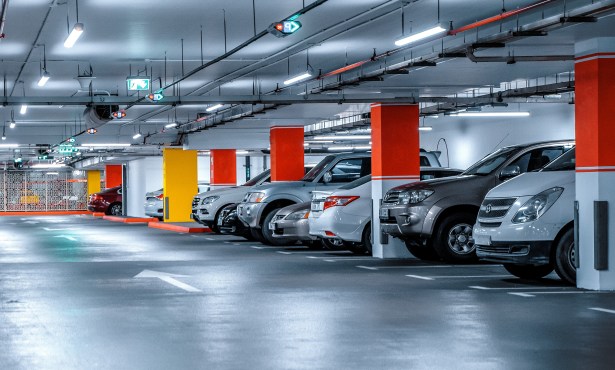Eco-Friendly Cooling Equipment Is Coming
Mechanical Cooling Needs to Use Less Energy and Avoid Dangerous Refrigerants

Heat waves are becoming more frequent, more extreme, and more widespread. Air-conditioning (AC) is ubiquitous in the U.S. (90 percent penetration), but not in Europe and many other regions where it is increasingly becoming a necessity. Outside the U.S., less than 25 percent of people in regions that merit AC have it. Consequently, the International Energy Agency expects AC energy consumption to triple worldwide by 2050.
Unfortunately, AC, in its current form, carries significant environmental costs: More demand for cooling leads to more warming of the planet. In addition, the refrigerants used in cooling condensers are 2,000-3,000 times more potent than carbon dioxide as a climate-warming agent when it leaks into the atmosphere.
Gradient Comfort, a San Francisco–based company, is tackling AC’s climate predicament — their mission is to push the industry to zero carbon emissions. Gradient has developed an innovative window cooling and heating unit that is both efficient and eco-friendly. It is a heat pump, a technology gaining in popularity for centralized heating and cooling systems because of energy efficiency, but such equipment tends to be bulky, expensive, and requires professionals to install. Gradient’s technology, however, offers a sleek, affordable, and compact alternative.
The only Gradient model currently available (it only came on the market this summer) is a window unit. It sells for $2,000 compared to $5,000 or more for comparable units. Their saddle bracket fits on the windowsill of a single- or double-hung window and holds a sleek, attractive fan-coil unit on the inside while the evaporator heat pump is on the outside. Both components fit below the window, so that views are not obstructed. Housed with the fan coil is a quiet fan, eliminating any noise issues. The company is designing other models to fit other styles of windows, e.g., casement units. The unit is planned for do-it-yourself installation in 15 minutes with just a few basic tools.
Gradient won the Fast Company’s 2022 World-Changing Ideas Award. The cooling component is 30 percent more efficient than traditional window units. When both heating and cooling are combined, the improved efficiency jumps to 75 percent. Another big plus is the refrigerant: Although still a hydrofluorocarbon, the fluid used by Gradient has a quarter the global warming potential of those used by other AC manufactures. They are working to improve their refrigerant even more.
The Gradient device is designed to use only the amount of energy required as it is turned up or down. It is also linked to Wi-Fi in order that it can be self-adjusted when there is heavy demand on the electric grid.
Although Gradient needs more improvements to reach its goal of zero greenhouse-gas emissions, it has taken big first steps in addressing the widespread flaws in existing systems: high cost, cumbersome installations, and unsightliness. These are important directions for widespread adoption of cooling including in less affluent areas of the world.
Support the Santa Barbara Independent through a long-term or a single contribution.



